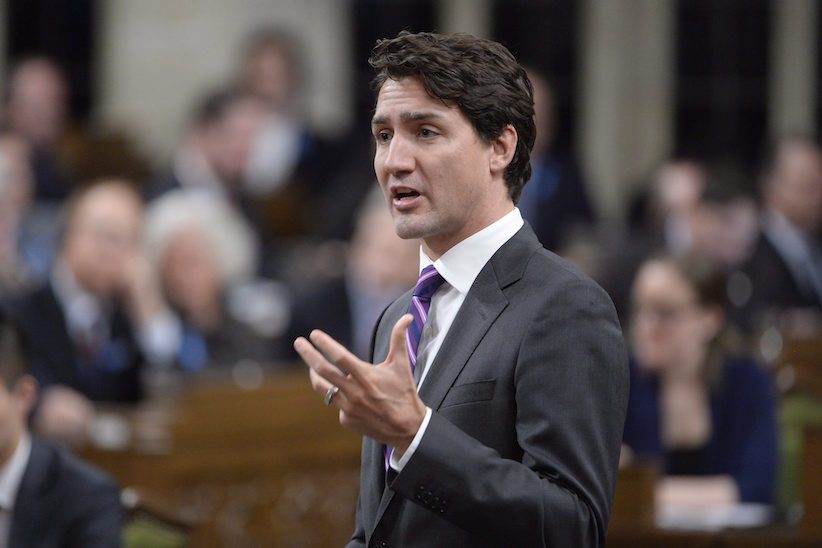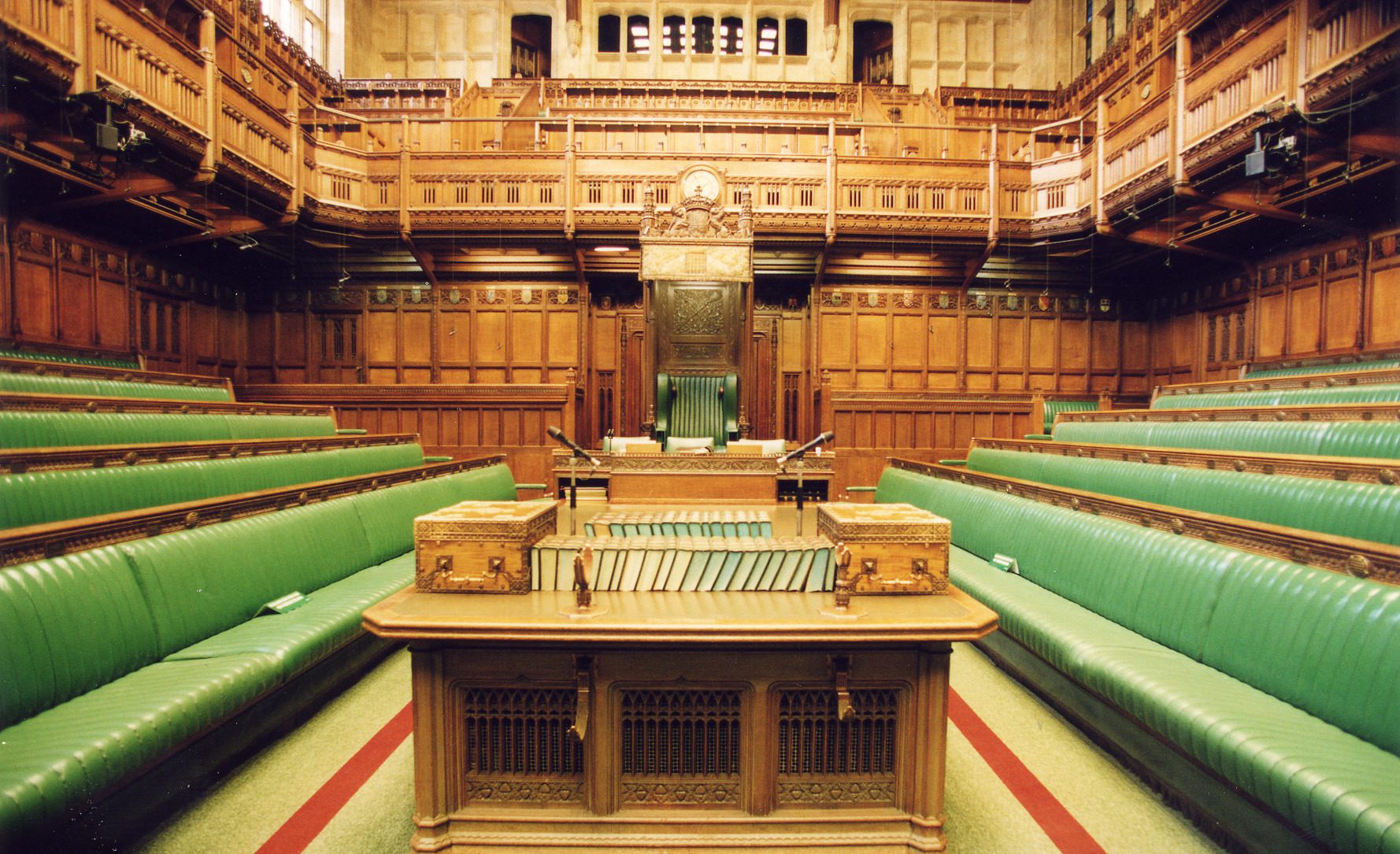Prime Minister Justin Trudeau, as we all know, is blessed with a bountiful bevy of totally awesome political skills: he poses brilliantly for photo ops, he knows how to be adored by fawning millennials and he's second to none when it comes to offering weepy public apologies.
Yet for all that, there's one key political skill Trudeau lacks: he can't do the "dance of the honest man."
And if you haven't heard of this dance, let me explain that it's actually a metaphor, which the late and legendary American political consultant Arthur Finkelstein (who was also my good friend and mentor) dreamed up to explain how politicians should react when faced with questions regarding their ethics or integrity.
Basically, Finkelstein's point was that politicians answering such questions should always put themselves in the shoes of an average, everyday voter.
In other words, politicians should understand that average, everyday voters want to believe their leaders are essentially honest people, that they're not out to fleece the system.
Hence, politicians dealing with issues related to ethics must reassure voters with the "dance of the honest man."
That's to say if there's an ethical breach on a politician's watch, he or she should react with an appropriate amount of indignation and outrage, so that he or she appears to be in sync with the public's indignation and outrage.
And if a particular politician is perceived to have personally committed an ethical lapse, the dance requires an appearance of genuine contrition and remorse.
So how does all this apply to Trudeau?
Well, to be blunt, the Prime Minister can't dance.
Just consider Trudeau's recent brush with the Ethics Commissioner, who ruled the prime minister had breached the government's conflict of interest guidelines when he accepted an invitation to spend Christmas vacation on a billionaire's private island resort.
For a regular voter, when a politician breaks the rules in such a manner, it's a serious matter.
Yet Prime Minister Trudeau didn't seem the least bit sorry.
In fact, if anything his initial reaction was to downplay his breach.
As, he told the media, "For me to look for a place to have a quiet vacation, where I can have quality family time, is something we all look for with our families."
Nothing to see here folks.
Nor does the Prime Minister require his cabinet colleagues do the dance.
We saw this in the case of Finance Minister Bill Morneau, who spent a huge of amount of time in 2017 fending off accusations related to his personal finances.
More specifically, the Finance Minister was attacked for not selling off his shares in Moreau Shepell — his family business — or for not putting his corporate holdings in a blind trust.
What gave these attacks some sting, of course, was that the Liberal government proposed a pension bill that could have financially benefited his company, leading to allegations that Morneau was in a conflict of interest.
Now, from the point of view of an average voter, Morneau's situation would certainly look fishy.
As a result, if the Finance Minister had any degree of political savvy, he'd do the dance of an honest man.
In other words, he would concede that he had a mistake, he would offer up a sincere-sounding apology and he would ask Canadians to forgive his failure to do the right thing.
But Morneau didn't do any of that.
Instead, throughout his whole ordeal, Morneau was defiant; he basically declared he didn't do anything wrong, and that he would sue anyone who suggested otherwise.
And even when, under pressure, he eventually did sell his shares, he adopted the mantle of a martyr.
In short, Morneau kept portraying himself as the victim.
Needless to say, this did little to repair his image or to restore his credibility.
The point I'm making here, is that when dealing with allegations of wrong-doing, both Moreau and Trudeau seemed more annoyed than repentant.
And from a political perspective, that simply makes a bad situation worse.
By the way, I'm not saying Trudeau and Morneau have to be genuinely contrite; all I'm suggesting is they at least give the appearance of contriteness.
In the words of George Burns, "Sincerity if you can fake that, you've got it made."








